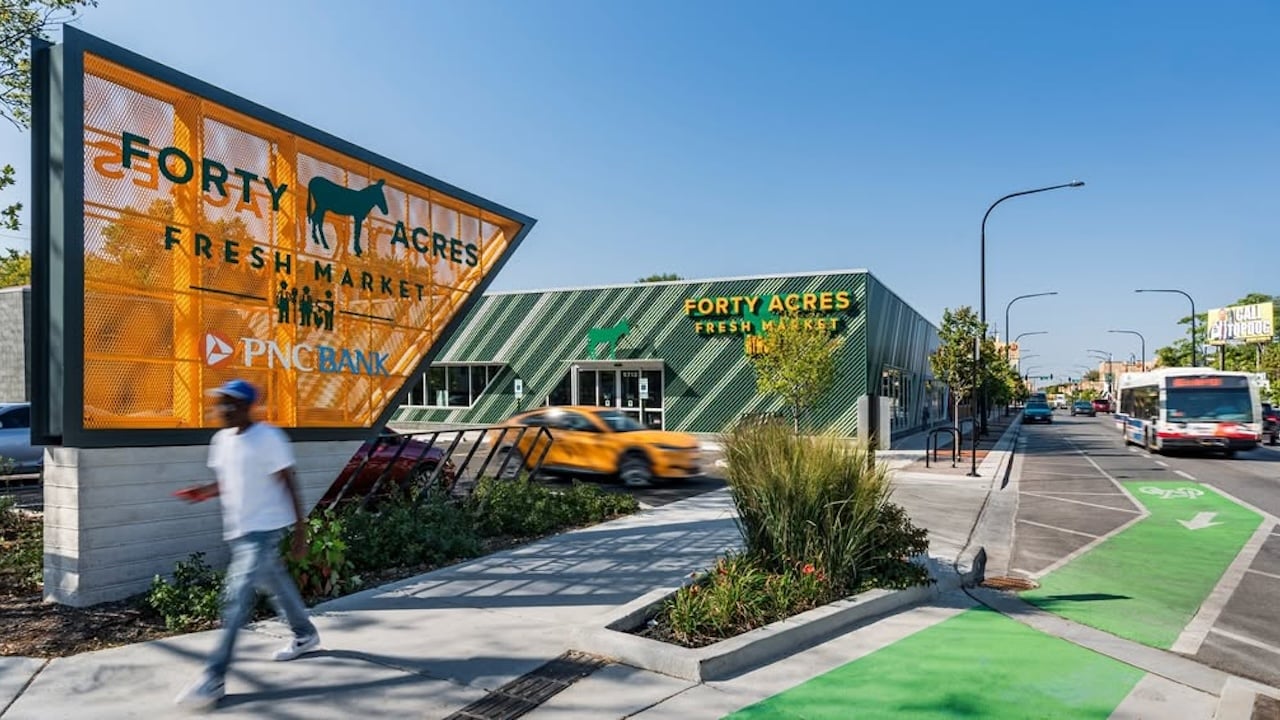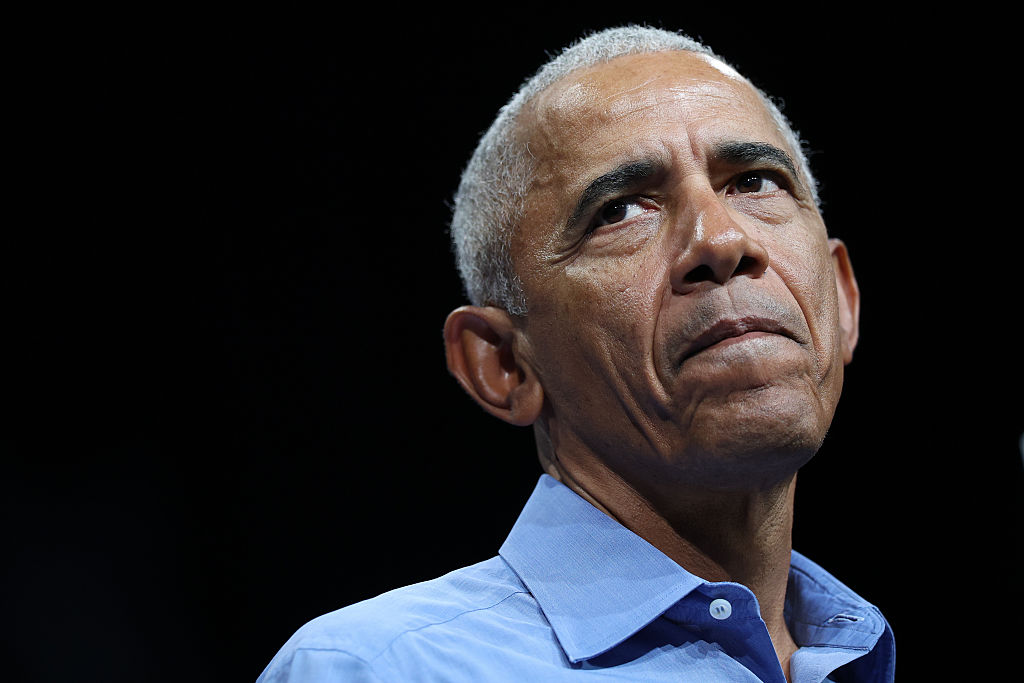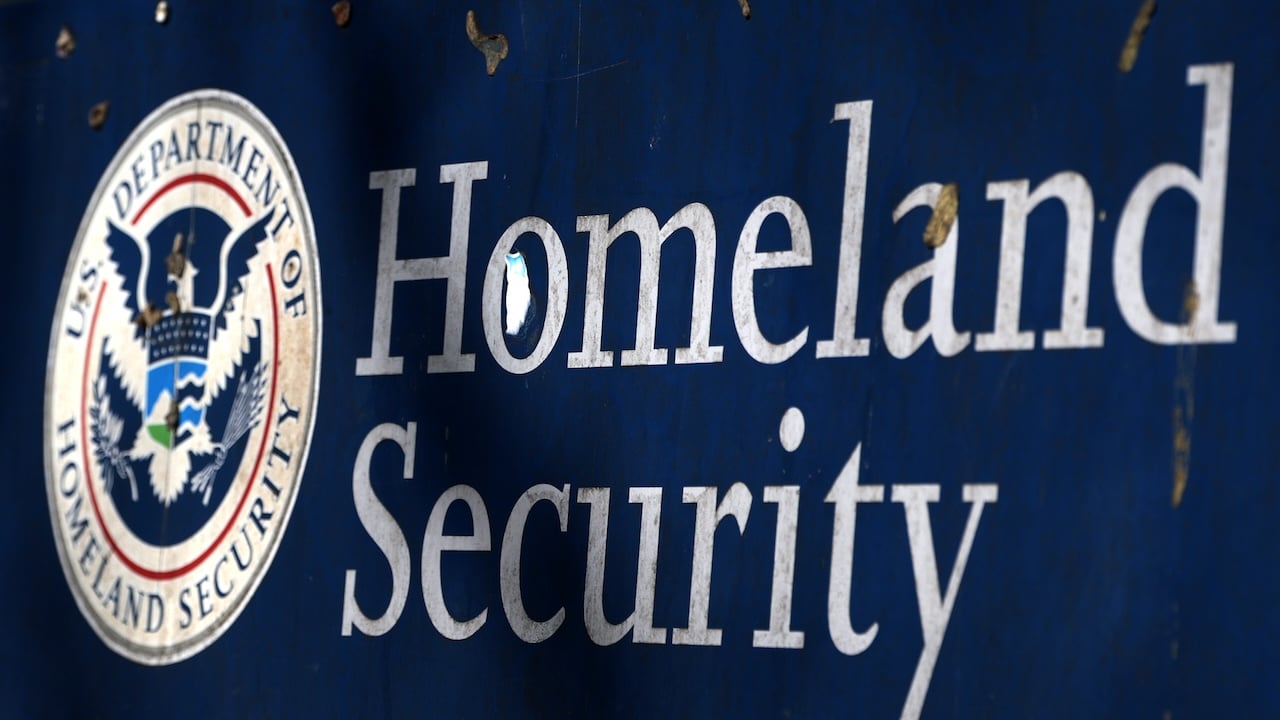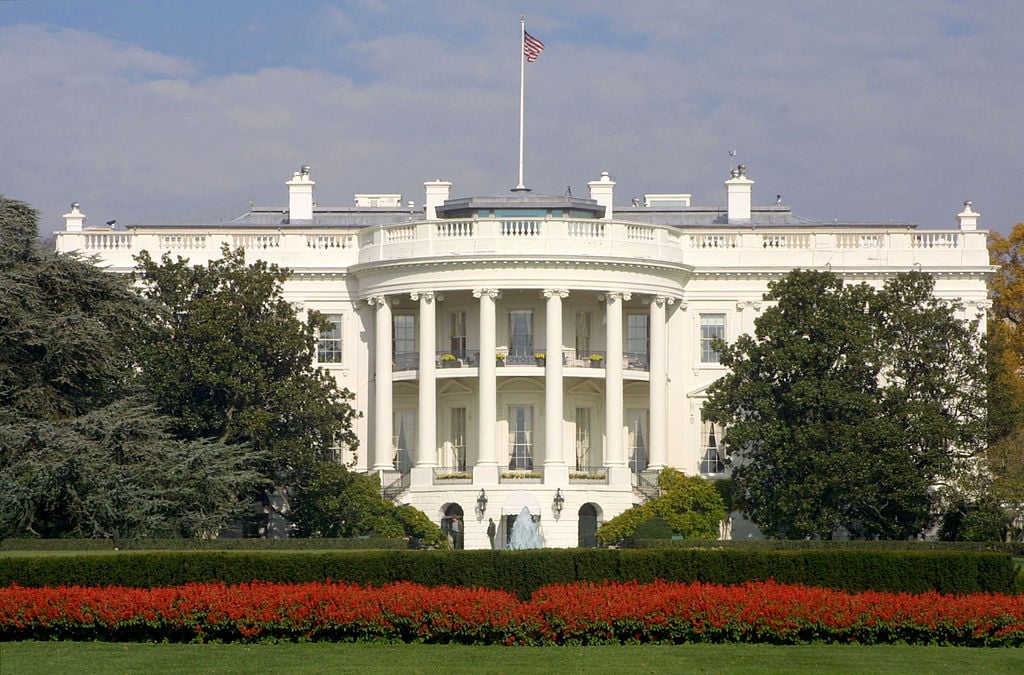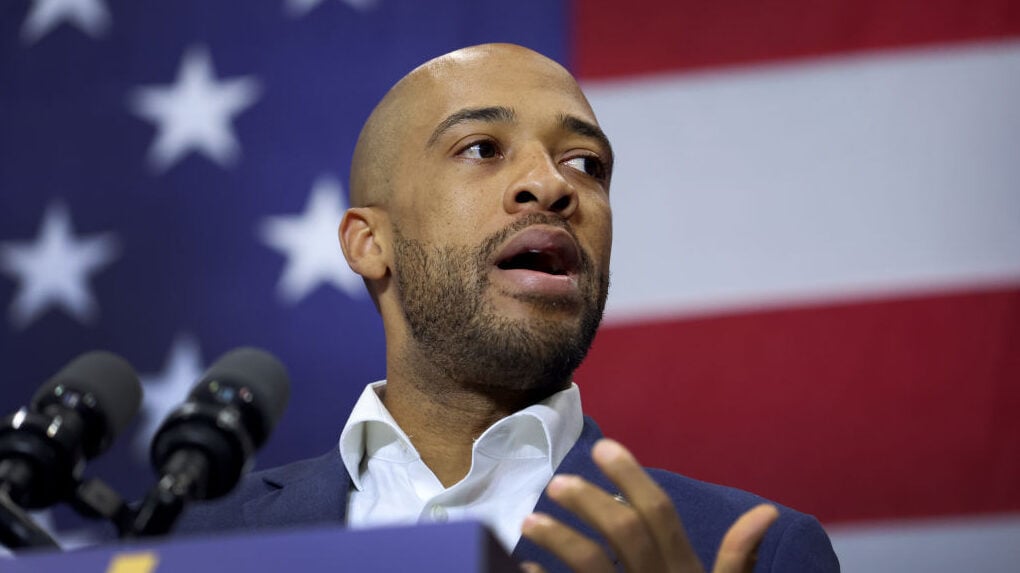Justice Ketanji Brown Jackson Orders a Stay on SNAP Benefits Case — But It’s Not What You Think

What We Know
- A federal judge in Rhode Island ordered that the Trump administration fully fund November SNAP benefits for roughly 42 million people.
- The administration announced that it would only pay partial benefits (about 65% of normal), citing a lack of appropriated funds due to the government shutdown.
- On November 7, Justice Ketanji Brown Jackson granted an administrative stay to block the lower court’s immediate payment directive — not to decide the merits of whether full payment is required, but to allow the appeal process to proceed.
- Justice Jackson’s order explained she acts in her capacity as the Justice assigned to emergency matters from the 1st Circuit (which covers Massachusetts, Rhode Island, etc.).
TL;DR: Justice Jackson paused a lower‑court order that demanded full SNAP benefit payouts — she did not rule that the benefits must be withheld or that full payment is unlawful — she followed legal procedure so the appeals court can catch up.
View on Threads
The headline sounds alarming: “Justice Jackson allows SNAP benefits to be held back.” But that phrasing misses key layers. Here’s a deeper unpacking.
The context
With the federal government still shut down, the U.S. Department of Agriculture (USDA) warned that without a funding bill, there would be insufficient appropriated funds for SNAP benefits payments in November. In response, states and community groups sued the administration for failing to plan and putting food aid at risk. A Rhode Island federal judge, John J. McConnell Jr., ordered the government to tap contingency funds and ensure full benefits.
Justice Jackson’s stay
Rather than weigh in on the ultimate liability or rights (because that is not the question presented in this application to stay), Justice Jackson issued what is known as an administrative stay. Essentially, she paused the lower court judge’s direct order so that the 1st Circuit Court of Appeals can review whether that lower‑court order should remain in effect. Justice Jackson wrote that the stay “facilitates the First Circuit’s expeditious resolution” of the stay motion.
Stays like this are procedural tools. They do not represent a final judgment on whether the SNAP benefits must be fully funded, nor do they signal that Justice Jackson agrees with the administration’s legal arguments. They simply hold the current condition so that remedies are not disrupted while courts assess whether the lower‑court order should be in place.
Why the confusion
Many public commentaries are focusing on the result, and many headlines are not helping the perception that some recipients will see delayed or partial benefits and ascribe that to Justice Jackson’s decision. But again, the stay does not set a policy decision that full benefits are illegal. It temporarily halts the enforcement of the order while the legal issue is sorted. In fact, some states had already moved to distribute full benefits after the lower‑court order, creating a patchwork landscape. Some are funding through their own state reserves, which is adding to the confusion as well.
Legalese Decoded (and Why You Shouldn’t Automatically Frown at Justice Jackson)
Here are key concepts explained so the nuance is not lost:
- Administrative stay: A tool used by a judge (including a Supreme Court justice appointed as emergency justice) to pause enforcement of a judicial order while the appellate process catches up. It does not address or resolve the underlying merits. There were a few of these during the Summer months under the cover of the shadow docket.
- Circuit assignment: Justice Jackson is the Supreme Court justice assigned to handle emergency applications from the 1st Circuit, so this is part of her procedural role and is not a thematic judgment about SNAP or social programs broadly.
- Merits vs. interim order: The appellate courts will decide whether the lower‑court order requiring full payment is legally sound. Justice Jackson’s stay says: let’s pause so they can decide. It does not say “full payment is invalid.”
- Contingency fund vs. appropriations: The administration argues that Congress did not appropriate additional funds for November’s full payments and that tapping the emergency/reserve fund would undermine other programs. The plaintiffs contend that the contingency fund was meant for exactly this kind of lapse, and withholding full benefits causes irreparable harm. (AP News)
So: When you see that Justice Jackson “let benefits be held back,” it’s accurate to the effect, but incomplete if you interpret it as her refusing to fund benefits. She paused a court enforcement order; she did not make a final call on whether full funding was legally required.
Why This Matters
For Black and brown communities and other disenfranchised groups, the implications run deep.
First, SNAP is the largest food aid program in the U.S., serving roughly 1 in 8 Americans, disproportionately children, older adults, and people of color. The delay or change in benefit distribution is not a distant technicality, as it hits grocery budgets, food security, and household stability.
Second, this case reflects a broader structural issue: when appropriations falter because of shutdown or political gridlock, judicial (courts) and executive branches are thrust into social‑policy decisions not originally designed for them. That has direct consequences for community organizers, nonprofits, community organizations, and the people they serve.
Third, uncertainty at the federal level trickles down: state agencies scrambling, local food banks stretched thin, and messaging confusion for communities and individuals. Being clear on the procedural path (versus policy outcome) can help sharpen our political actions and advocacy tactics, enabling us to push for state-level interim relief, monitor appeals outcomes, and craft communications grounded in fact, not hype.
Finally, thinking forward, this sets a precedent for how emergency funding of social safety nets may be treated in shutdown contexts. It’s a moment to reflect: What happens when core programs are not shielded from political if-then games?
As we continue to work on collectively building community-based strategies around policy and civic engagement, this case offers an important lesson: the court’s stay is a procedural stop, not a moral verdict on SNAP or the rights of recipients, and recognizing that distinction strengthens how we engage these issues and fight the systems creating them.
We will continue to follow the court proceedings surrounding SNAP benefits and update this article or provide further information as it becomes available.
What's Your Reaction?
 Like
0
Like
0
 Dislike
0
Dislike
0
 Love
0
Love
0
 Funny
0
Funny
0
 Angry
0
Angry
0
 Sad
0
Sad
0
 Wow
0
Wow
0








